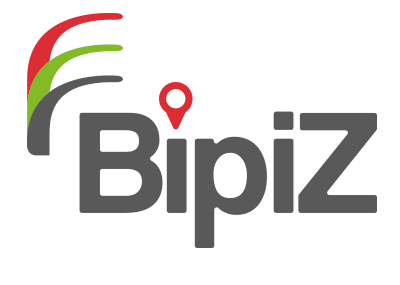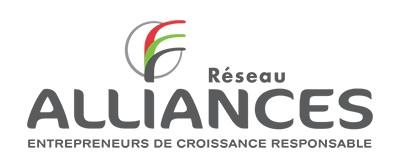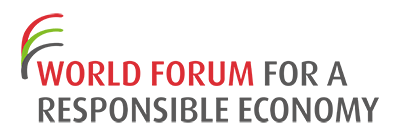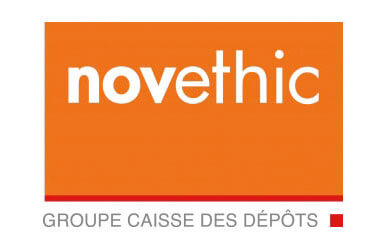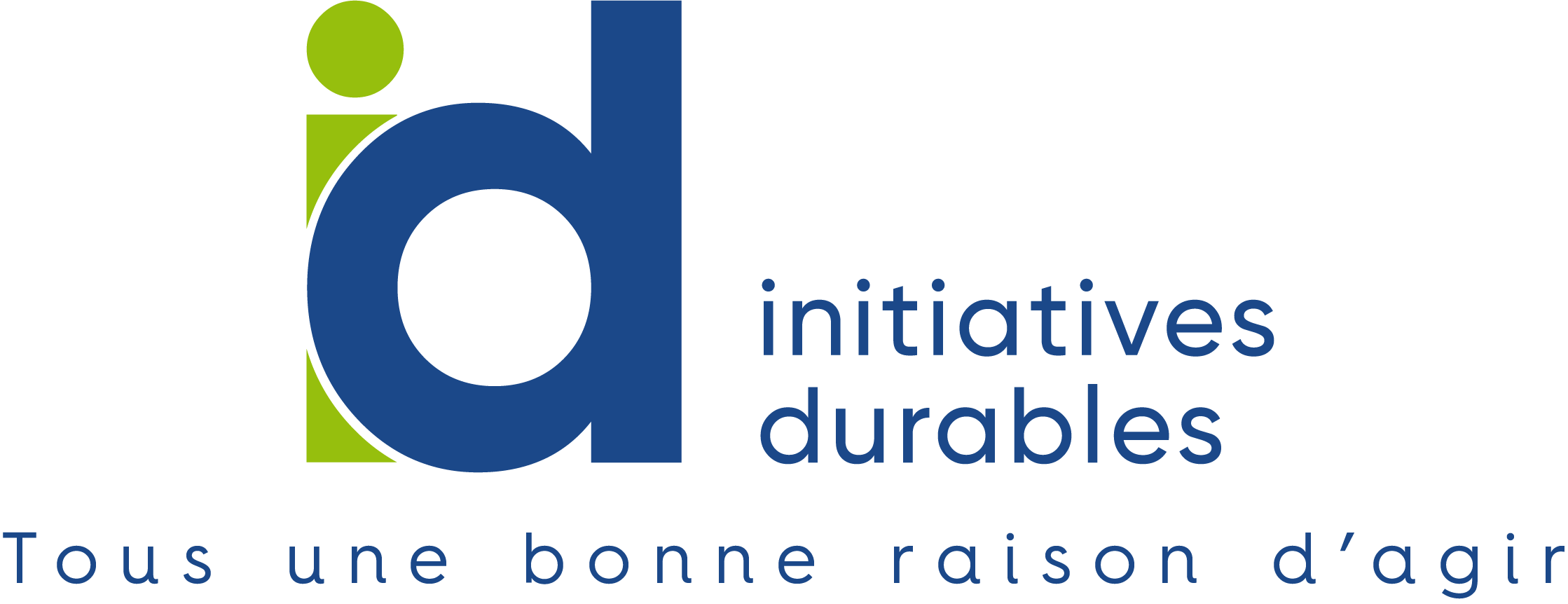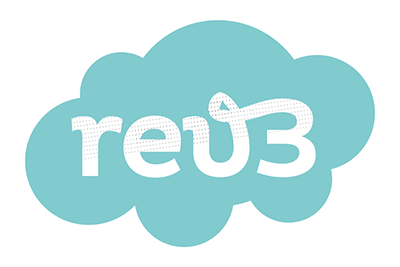Every year since 2008, EDF organizes the contest “Architecture Low Carbon” which aims to transform a neighbourhood in order to re-examine the consumption, the recycling and the circularity of these 4 important pillars: the urban materials, the biological matters, the waters and the energies. The neighbourhoods being under renovation, in requalification or the transformation of buildings (offices, shops…) into housing are some examples of common subjects of the contest.
COM_NEOBESTPRACTICES_ITEM_INNOVATION_REV3
EDF encourages eco-construction and circular urbanism through the Architecture Contest 'Low Carbon'
4. Environment
Construction
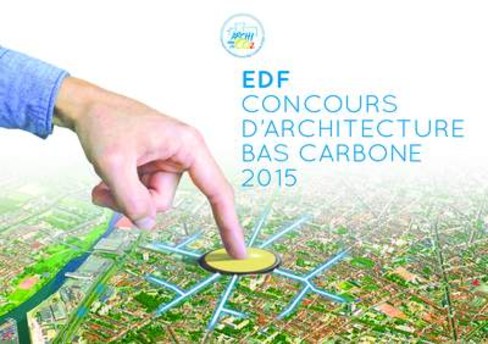

Transmitter
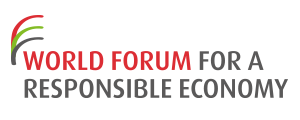

Context
Objectives
- Reflect on the circularity of the neighbourhood under the 4 important pillars
- Raise awareness among the urbanism players about eco-construction
- Create new criteria of conception and urban construction (circularity index numbers)
- Transform the city in order to answer the housing needs and the increasing requirements regarding energy performance
APPROACH
EDF submits to the expertise and reflection of architects, urbanists and designers a single theme that explores a specific dimension of the sustainable city (collective housing, renovation, social housing…) and follow the same process to award the best team:
- Selection of teams by the jury
- Preparation of the project during 4 months
- Selection of the 4 finalist projects, which will benefit from a technical follow-up and support from EDF experts for 3 months
- Selection by the jury of the best project, which is then rewarded
- Implementation of the winning project
Thanks to the number and quality of submitted projects, this contest, which is a real think tank, is a reference for professional players who consider it as a lever of innovation and realisation of a sustainable city.
CONTRIBUTION TO COMPANY PERFORMANCE
- Reduction of planning costs of the city (development of the existing urban networks)
- Involvement of local players
Benefits
- Reduction of the carbon footprint thanks to ambitious systems of energy management (solar panels, heat pumps)
- Individual and collective solution for heating
- Land densification in accordance with the environment in which it takes place
- Revitalization of a territory in accordance with its industrial and working past
- Creation and integration of social housing thanks to the restoration of old buildings
- Workforce
- 159 112 salariés (2015)
- Turnover
- 75 milliards d’euros (2015)
- Country
- France
Contact
Philippe Labro Projet Ville Durable - EDF France This email address is being protected from spambots. You need JavaScript enabled to view it.
